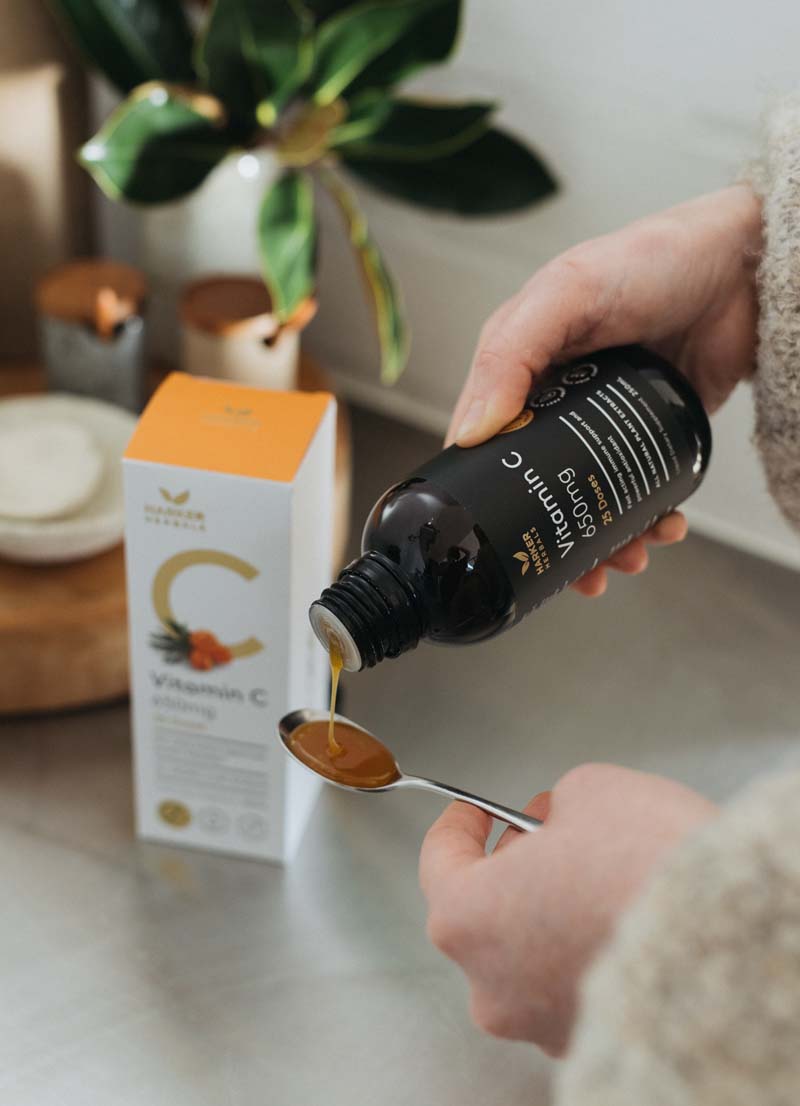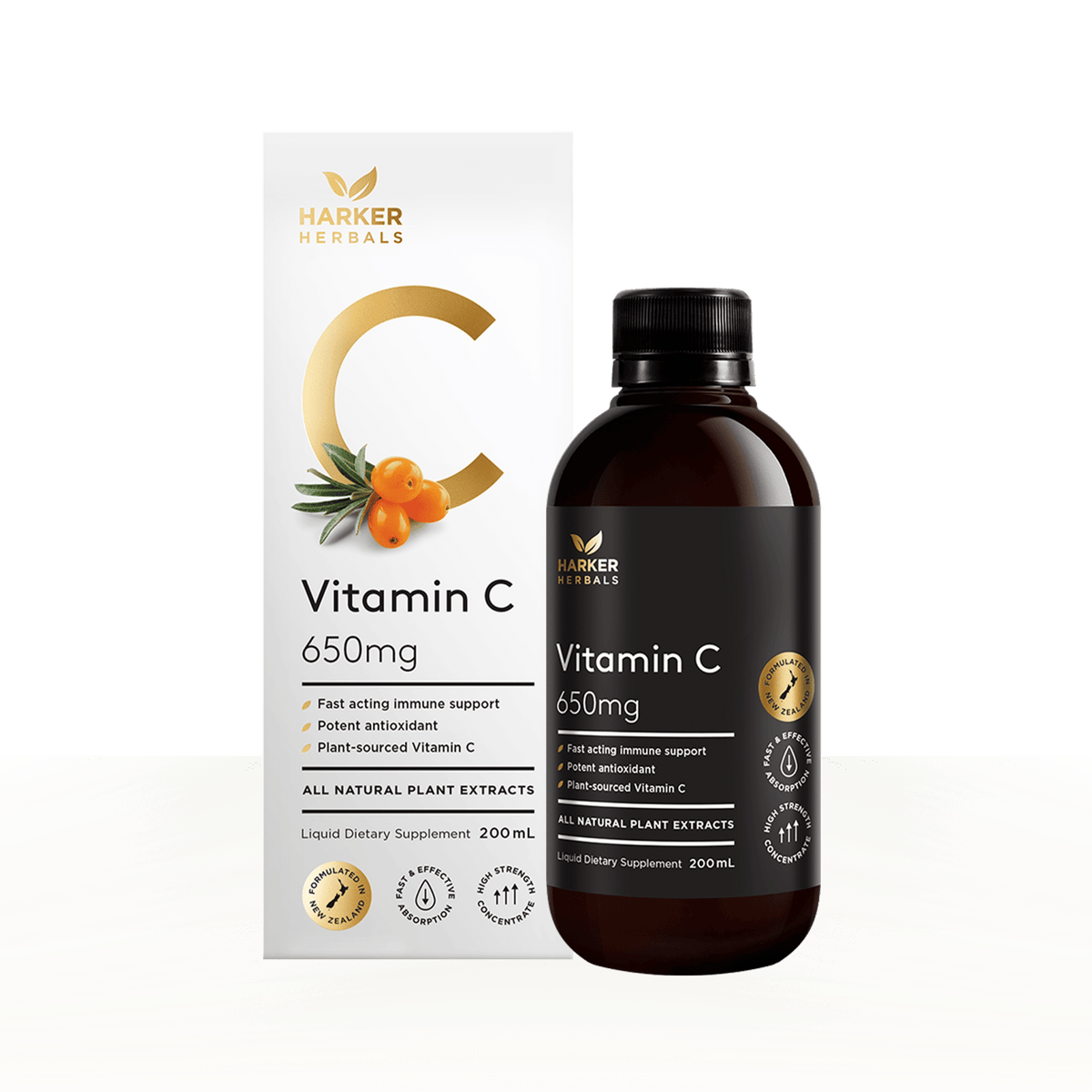Pregnant and Tired? The Importance of Iron in Pregnancy

Growing a tiny human is no easy task—especially if it’s not your first rodeo and you’re already juggling the demands of life and other children. Around the 28-week mark, your midwife or obstetrician will likely order blood tests to check your iron levels, among other things. This is a crucial time, as your baby is drawing the most iron from your body, which can leave you feeling exhausted and depleted.
Why Iron Matters During Pregnancy
Iron is a fundamental building block for life. It’s essential for the production of red blood cells, which transport oxygen from your lungs to every part of your body. But its role doesn’t stop there—iron is involved in nearly 200 biochemical reactions that support immune function, metabolism, neurotransmitter production, mood regulation, thyroid function, and overall energy levels.
According to the World Health Organization, iron deficiency is the most common micronutrient deficiency globally.
Understanding Iron Deficiency in Pregnancy
During pregnancy, your iron requirements double to support you and your growing baby. Yet, more than 50% of pregnant women fail to meet the recommended intake, with many starting pregnancy already deficient.
-
Before pregnancy, the recommended daily intake (RDI) of iron for women of reproductive age is 18mg.
-
During pregnancy, this increases to 27mg per day to meet both maternal and fetal needs.
If you’re unsure whether your iron levels are low, we recommend visiting your healthcare provider for a simple blood test.
Risks of Iron Deficiency During Pregnancy
Low iron levels can lead to iron deficiency anaemia, a condition where the body lacks sufficient healthy red blood cells to carry oxygen to tissues. This can result in:
- Fatigue and weakness
- Pale skin
- Shortness of breath
- Increased risk of preterm birth or low birth weight
Maintaining optimal iron levels is key to keeping both you and your baby healthy.
Iron Supplementation During Pregnancy
When iron levels are low, it can be difficult to meet the increased demand through diet alone, and supplementation is often recommended.
Not all iron supplements are created equal. Many contain ferrous sulphate, which research shows can irritate the stomach lining, leading to cramping, nausea, constipation, and changes in gut flora.
Meet Harker Herbals Iron Boost
At Harker Herbals, we’ve crafted Iron Boost with pregnancy in mind.
- Contains iron glycinate, a highly absorbable form of iron that is gentle on digestion and non-constipating
- No metallic aftertaste
- Blended with herbs, fruit, and vegetable juices to support absorption and healthy blood cells
-
Safe for pregnancy and breastfeeding
SHOP IRON BOOST HERE
Herbalist Tips for Better Iron Absorption
✔ Pair with Vitamin C-rich foods – Eat kiwifruit, citrus, broccoli, tomatoes, or capsicum to enhance iron absorption.
✔ Avoid coffee, tea, and calcium-rich foods (such as dairy) at least one hour before and after taking Iron Boost, as these can inhibit absorption.
✔ Cook legumes, beans, seeds, and grains – Raw forms contain phytates that can reduce iron absorption.
✔ Time your dose to combat the mid-afternoon energy slump – It satisfies sugar cravings without the sugar!
✔ If you follow a vegan diet, monitor your iron levels closely—plant-based iron is harder for the body to absorb.
Visit Us In-Store
Want to try Iron Boost for yourself? Visit our Harker Herbals Commercial Bay Store and chat with one of our expert naturopaths.











